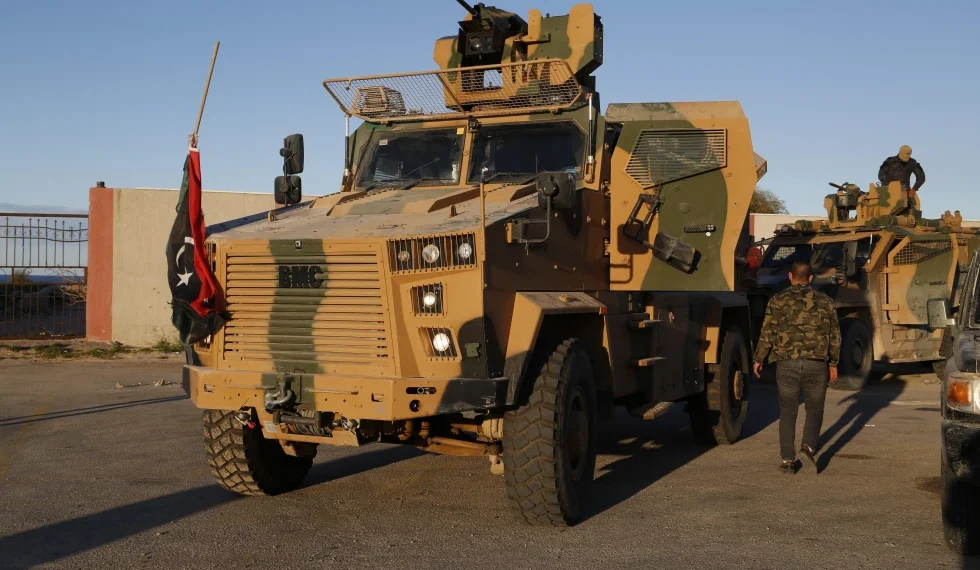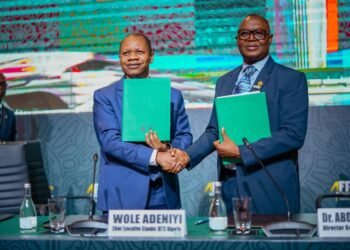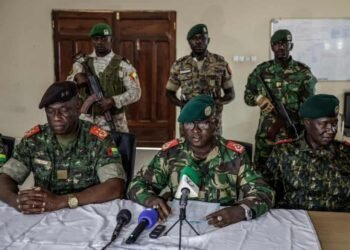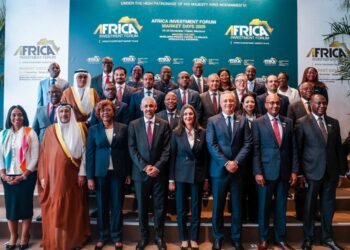The political, military, and security landscape in Libya has rapidly deteriorated over the past two months, according to a top United Nations official.
Stephanie Khoury, briefing the U.N. Security Council, warned that without renewed efforts toward political dialogue, the oil-rich North African nation could face even greater instability.
Khoury highlighted the escalating tensions between rival government forces, which have been making unilateral military moves against each other throughout July and August.
These actions have sparked mobilizations and threats of retaliation, leading to attempts to unseat key figures such as the Central Bank governor and the prime minister in the western part of the country.
Libya has been in turmoil since 2011 when a NATO-backed uprising led to the overthrow and death of longtime leader Moammar Gadhafi.
The aftermath of Gadhafi’s fall plunged the country into chaos, resulting in a division between rival administrations in the east and west, each supported by various militias and foreign powers.
The current political crisis stems from the failure to hold elections on December 24, 2021, and the refusal of Prime Minister Abdul Hamid Dbeibah, who leads a transitional government in the western capital of Tripoli, to step down.
This refusal prompted the eastern-based parliament to appoint a rival prime minister, who was later replaced.
Hifter’s Influence Grows Amid Rising Tensions
Meanwhile, Khalifa Hifter, a powerful military commander, continues to hold significant influence in the east.

Khoury expressed concern that these “unilateral acts by Libyan political, military, and security actors have increased tension, further entrenched institutional and political divisions, and complicated efforts for a negotiated political solution.”
On the economic front, Khoury noted that attempts to change the Central Bank governor have been driven by perceptions that the bank is favoring the east over the west in its spending. This perception has fueled discontent among both political leaders and ordinary Libyans.
Khoury also pointed to a unilateral decision by the Libyan National Army, which is under Hifter’s control, to close the Sharara oil field, Libya’s largest.
This move forced the Libya National Oil Corp. to declare force majeure on August 7, a legal clause that frees companies from contractual obligations due to extraordinary circumstances.
The National Oil Corp. blamed the shutdown on the Fezzan Movement, a local protest group.
However, Libyan media reports suggest that the closure was a retaliatory measure by Hifter against a Spanish company involved in the joint venture operating Sharara. This came after Spanish authorities issued an arrest warrant accusing Hifter of arms smuggling.
In a recent political development, some members of the east-based House of Representatives met in Benghazi on August 13, where they voted to end the mandate of the Government of National Unity and the Presidency Council in the west.
They also voted to transfer the role of Supreme Commander of the Armed Forces to the House speaker and endorsed their designated government in the east as “the only legitimate executive.” These moves were immediately rejected by leaders in the west.
Khoury stressed to the Security Council that “the status quo is not sustainable.”
“In the absence of renewed political talks leading to a unified government and elections, you see where this is heading — greater financial and security instability, entrenched political and territorial divisions, and greater domestic and regional instability.”
Stephanie Khoury
The U.N. political mission in Libya is now focusing on de-escalating tensions, with Khoury proposing talks as a first step to develop confidence-building measures among all parties.
The goal is to end unilateral actions and create a more conducive environment for resuming the political process.
READ ALSO: Ukraine’s Operation In Kursk Deemed Necessary To Convince Russia To Start Fair Talks























